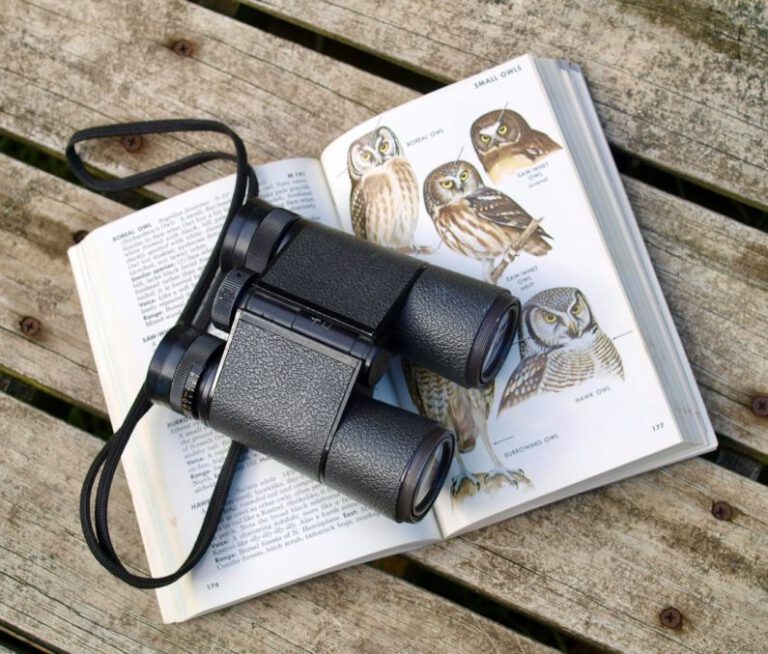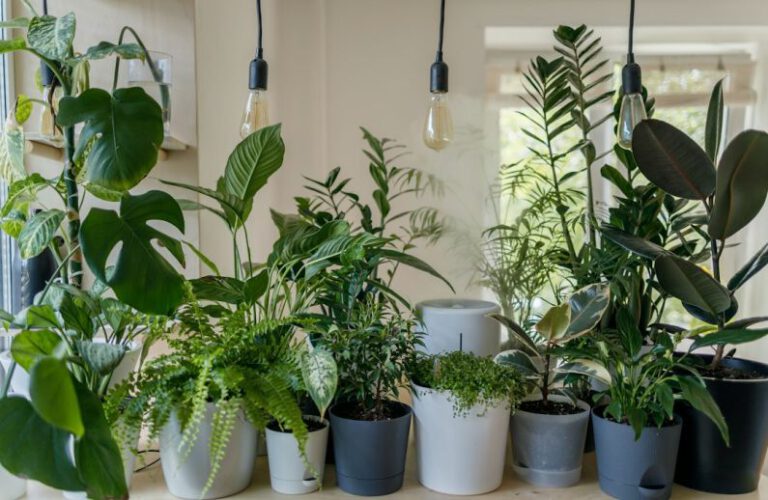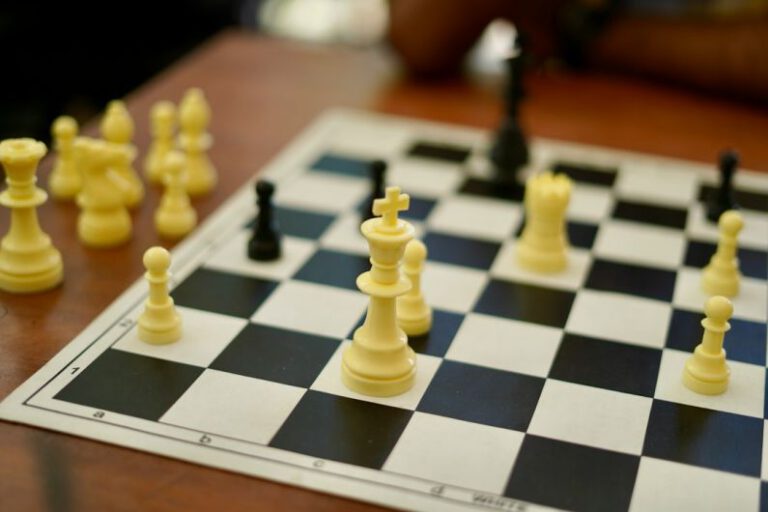How to Plan and Execute Creative Writing Projects?
Creative writing projects can be both exciting and daunting. Whether you are a seasoned writer or just starting out, proper planning and execution are essential to bring your ideas to life. In this article, we will explore some key steps to help you plan and execute your creative writing projects successfully.
Define Your Goals and Objectives
Before you embark on any creative writing project, it is important to define your goals and objectives. Ask yourself what you hope to achieve with your writing. Are you looking to write a novel, a short story, or a collection of poems? Understanding your goals will help you stay focused and motivated throughout the project.
Brainstorm Ideas
Once you have a clear sense of your goals, it’s time to brainstorm ideas. Set aside dedicated time to let your imagination run wild. Write down any ideas that come to mind, no matter how strange or unconventional they may seem. This is the time to let your creativity flow freely without judgment.
Research and Gather Inspiration
After brainstorming, it’s important to research and gather inspiration for your project. This could involve reading books, articles, or watching movies or documentaries that relate to your topic. By immersing yourself in different sources of inspiration, you can expand your knowledge and find unique angles to approach your writing.
Create an Outline
Once you have a solid idea and some inspiration, it’s time to create an outline for your project. An outline serves as a road map for your writing, helping you stay organized and ensuring that your ideas flow logically. Start by dividing your project into sections or chapters and then outline the main points or themes you want to cover in each section.
Establish a Writing Routine
Consistency is key when it comes to creative writing projects. Set aside dedicated time each day or week to work on your project. Establishing a writing routine will help you stay focused and make progress. Find a quiet and comfortable space where you can concentrate and eliminate distractions.
Write the First Draft
With your outline and routine in place, it’s time to start writing the first draft. Remember, the first draft is just that – a draft. Don’t worry about perfection at this stage. The goal is to get your ideas down on paper and refine them later. Let your creativity flow and don’t be afraid to experiment with different writing styles or techniques.
Revise and Edit
Once you have completed the first draft, it’s time to revise and edit your work. Read through your writing with a critical eye, looking for areas that need improvement or clarification. Pay attention to grammar, punctuation, and sentence structure. Consider seeking feedback from trusted friends or fellow writers to gain fresh perspectives on your work.
Polish Your Work
After revising and editing, it’s time to polish your work. This involves fine-tuning your writing, checking for consistency, and ensuring that your ideas are conveyed effectively. Pay attention to the flow of your writing and make any necessary adjustments. This is also a good time to proofread your work for any spelling or grammatical errors.
Conclusion: Celebrate Your Accomplishments
Planning and executing a creative writing project requires time, effort, and dedication. Once you have completed your project, take a moment to celebrate your accomplishments. Reflect on the journey you have taken and the growth you have experienced as a writer. Remember, every writing project is an opportunity to learn and improve your skills.
In conclusion, planning and executing creative writing projects require careful thought and organization. By defining your goals, brainstorming ideas, conducting research, creating an outline, establishing a writing routine, and revising and editing your work, you can bring your creative ideas to life. Remember to celebrate your accomplishments and continue to grow as a writer. Happy writing!






